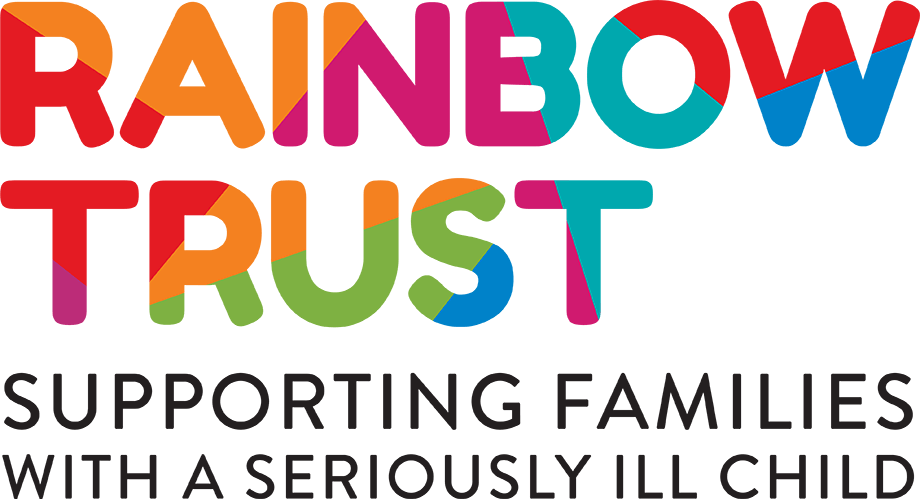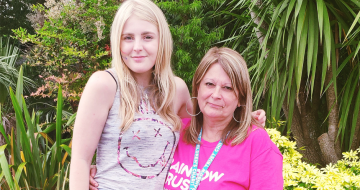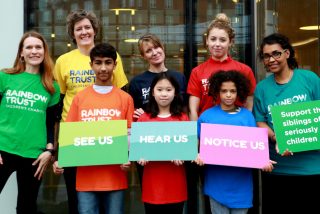Date published: 04 February 2020 by Claire Coussins
As a Family Support Manager, I have worked with many families supporting them in crisis. While the parents are struggling with the news their child has been diagnosed with cancer or another life-threatening condition, they also are worrying about the impact on the mental health of the sick child and their healthy siblings.
This made me want to find out more about mental health, not to add more worries to a family, but to make sure that my team has the necessary tools to support parents if they were concerned about a child or children.
In recent years, there has been a growing recognition of the scale of poor mental health among children and young people, and the difficulty in accessing timely professional support.
We need to acknowledge there is still a stigma associated with mental health which may prevent any child from seeking help, and many children and young people can find it difficult to express how they are feeling.
Sometimes siblings of a sick child will keep their worries to themselves, to protect their parents as they care for their brother or sister. Feelings of anger, jealousy and frustration are common among healthy siblings, with the family’s attention on the sick child, and the child undergoing treatment may feel frightened or confused about what is happening.
It’s important that adults can recognise some of the signs and symptoms and how best to offer support.
Here are some of the things that siblings of seriously ill children told us which I believe are great tips to bear in mind when thinking about how you can support their mental health.
“Listen to me. You don’t always have to give me solutions, I just want someone to hear what I am saying.”
“Understand that sometimes I will be worried and angry. I’m just trying to understand everything that is going on.”
“Try to talk to me about the future, even if you can’t give me answers.”
You can read more quotes like this from siblings, and learn more about how sibling support can help children learn important coping mechanisms in our report See us, Hear us, Notice us.
And finally, here is a quote from an inspirational young lady called Hope who we support, pictured above with her Family Support Worker Mandy.
“My name is Hope. I'm now 17 and have been living with long-term serious illnesses my entire life.
The uncertainty of daily life can be difficult, when you feel unwell and your friends are out doing what everyone else does, I can feel alone, sad and isolated to the point of tears.
It's hard when others don't understand that you have to be in hospital or miss days out or parties due to exhaustion or pain, or long-winded therapies that interfere with fun things. If I have a long fun day, I will always pay for it the next few days and this can be a low point.
But one upside - I think I’m more resilient than most people my age because of the way my illnesses have impacted on my life.”
This article was written in recognition of Children’s Mental Health Week, 2020. At Rainbow Trust, we recognise that having a child with a serious or life-threatening illness can affect the entire family. Our Family Support Workers help children through one-to-one support, group activities and events. Find out more about how we support children.


